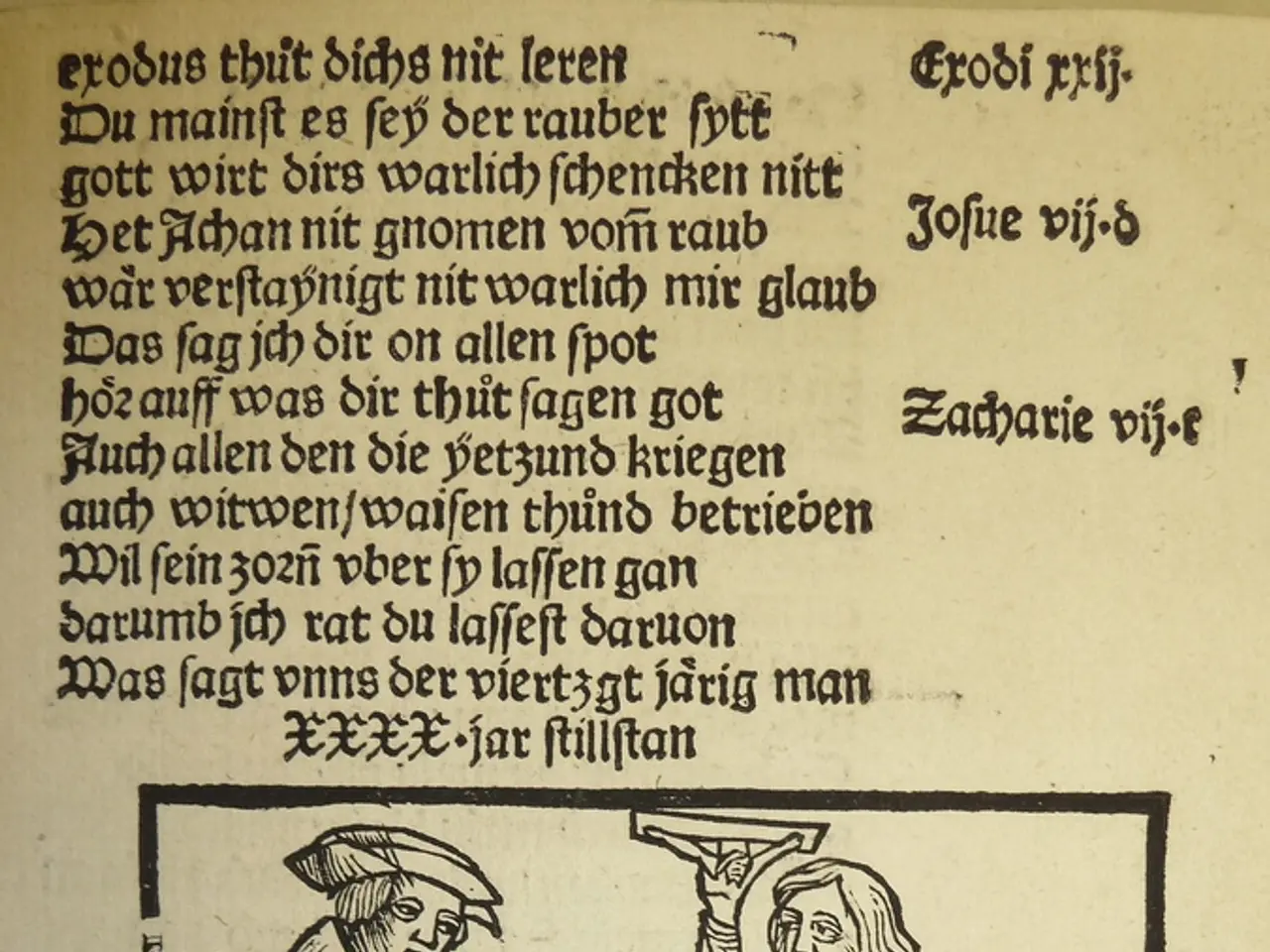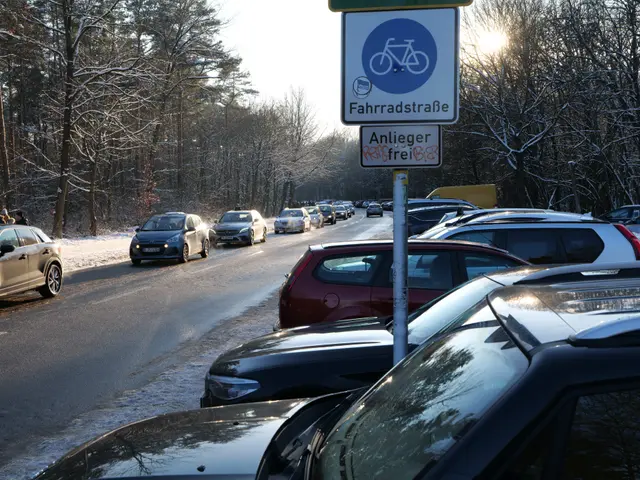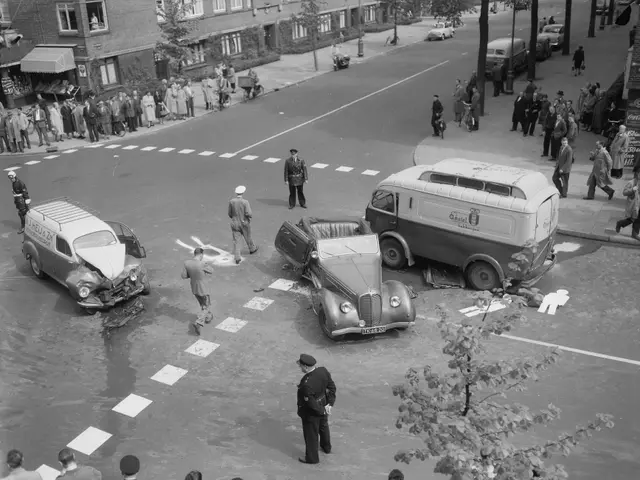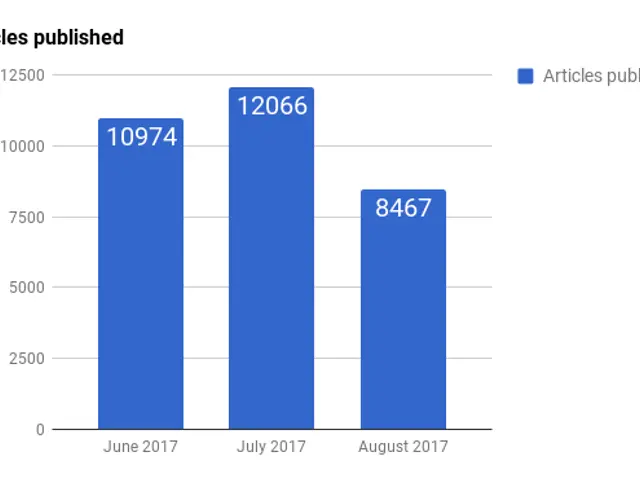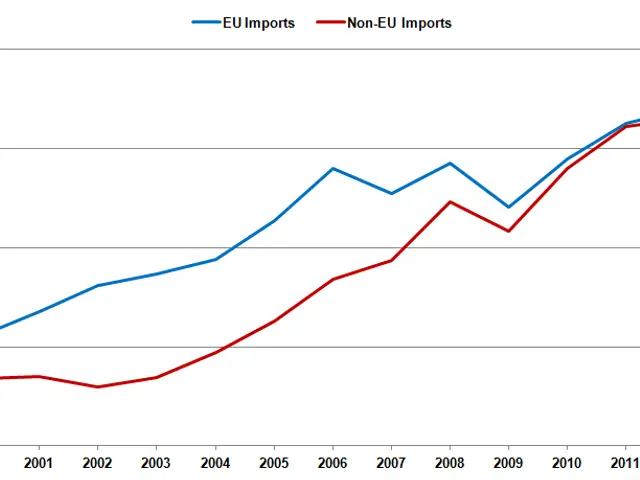Daughters of Immigrants Discuss Second Generation's Role in German Reunification
Ebru Tasdemir and Angelika Nguyen, daughters of immigrant families, have been discussing the perspectives of the second generation of immigrants (Gen X) on German reunification. They highlight the contributions of migrant workers, the challenges faced by the younger generation (Gen Z), and the need for inclusive storytelling to bridge different views on unity.
Tasdemir, a political editor at the Freitag, emphasized that the parent generation of migrants fought for better living conditions for their children. Nguyen, a film journalist and freelance author, agreed, adding that the second generation often experiences discrimination and social exclusion. However, many achieve academic and professional success, reflecting diverse life situations.
Both women discussed the different views on unity between the migrant parents and their children. While the older generation sees unity in cultural preservation and collective identity, the younger generation seeks a balance between heritage and belonging in the host country. They agreed that bridging these views involves inclusive storytelling and recognition of both backgrounds to create a joint history that respects differences yet fosters cohesion.
Nguyen felt threatened by the use of the term 'Volk' during the Monday demonstrations in Leipzig in 1989, as did Tasdemir in her West Berlin community. They both highlighted the readiness to fight and engage among migrant communities. Dennis Chiponda, son of contract workers, discussed the invisibility of their history in the unity discourse, a point echoed by Tasdemir and Nguyen who discussed the lack of migrant perspectives in the reunification narrative.
Tasdemir and Nguyen's discussion underscores the importance of acknowledging and integrating migrant experiences into the broader narrative of German reunification. By doing so, Germany can foster a more inclusive and cohesive society that respects the diverse histories and perspectives of all its generations of citizens.
Read also:
- United States tariffs pose a threat to India, necessitating the recruitment of adept negotiators or strategists, similar to those who had influenced Trump's decisions.
- Weekly happenings in the German Federal Parliament (Bundestag)
- Massive 8.8 earthquake hits off the coast of Russia's Kamchatka Peninsula, prompting Japan to issue a tsunami alert.
- Court petitions to reverse established decision on same-sex marriage legalization
